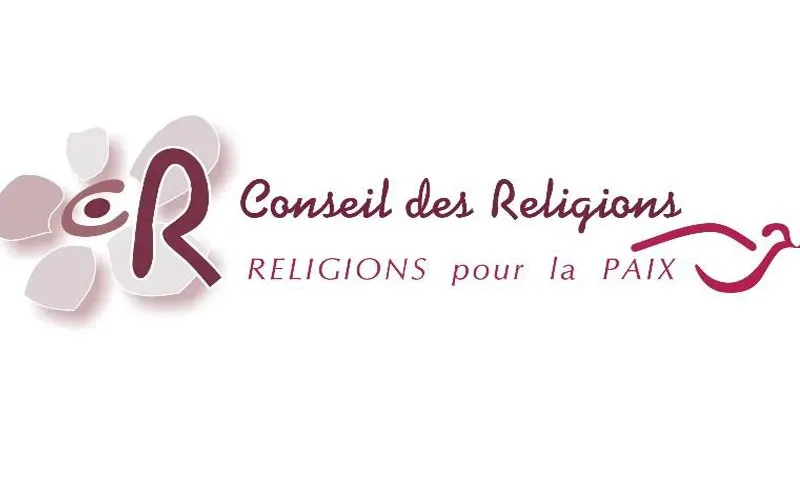Port Louis, 03 May, 2021 / 8:17 pm (ACI Africa).
Members of the Council of Religions in Mauritius have pledged to continue reaching out to the people of God who have been adversely affected by the COVID-19 lockdown in the Indian Ocean Island nation.
In their statement following the reopening of the country on Saturday, May 1, the religious leaders note that the Island nation situated some 2,000 kilometres off the Southeast coast of Africa has undergone a lot of devastation, resulting in a lot of suffering among the people owing to COVID-19 restrictions.
They say that the announced re-opening of the country is an opportunity for the population to reflect on the situation of the country and to ensure that the country does not go back to lockdown again.
“The new phase of de-containment that will take place among the Mauritian population from Saturday 1 May 2021 gives us cause to reflect again on the exceptional situation that our country had to live through for 50 days, following the discovery of new cases of COVID-19 on our territory,” the leaders say in a statement shared with ACI Africa.
They add, “Having learned from the 72 days of the first containment last year, our country had to face the unavoidable demands, and sometimes difficult implications, of this pandemic once again.”








